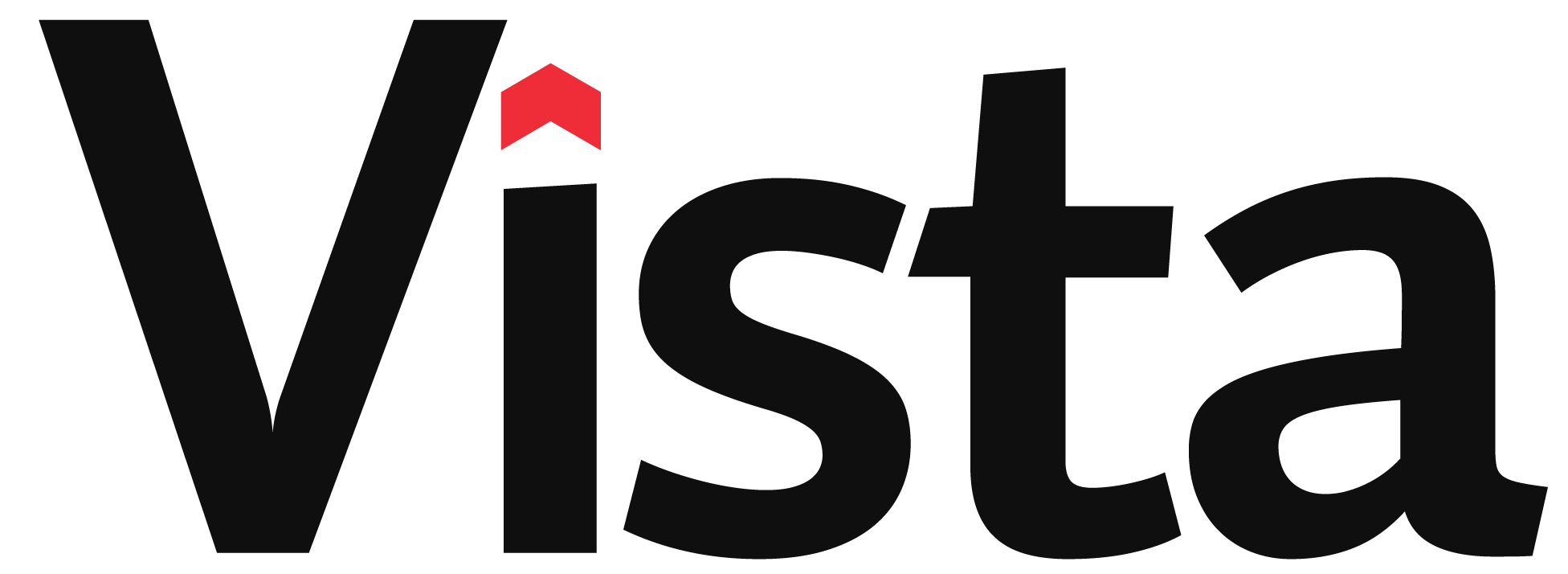Disaster or Genius?
2.5 minute read
This is a true story about consumer revolution and the risk taker.
Recently, Netflix original series, Stranger Things, reignited pop culture interest in one of the most unusual consumer revolutions of the ages – the disastrous launch of New Coke.
Was it a disaster? Or was it planned? This much-discussed debacle occupied the networks, media world, and kitchen table chatter for an intense period of time. You decide: was it a marketing disaster or a stroke of genius?
The summer of 1985 was a turning point for the Coca-Cola Company in terms of consumer behavior and consumer power. It all started when the inconceivable happened: they changed the formula.
Coca-Cola sales were declining for 15 straight years, while their biggest competitor, Pepsi-Cola, was increasing sales. Some of this had to do with the “Pepsi Challenge,” where they performed blind taste tests with the public, who were surprised to learn that they preferred the taste of Pepsi — even lifelong Coke drinkers. The Coca-Cola Company, skeptical of these results, decided to perform their own taste tests. To their surprise and chagrin, the results of about 200,000 tests were the same. Taste testers preferred the sweeter taste of Pepsi.
Something had to be done. CEO Roberto Goizueta and President Donald Keough made the decision to change the formula. Gasp. For the 99 years they’d been in business, the coveted Coca-Cola formula hadn’t been altered. But Roberto and Don were sure. On April 23, 1985 they made the announcement that “New Coke” would soon hit shelves in the U.S. and Canada, replacing the classic formula Coca-Cola. Goizueta described it as “bolder,” “rounder,” and “more harmonious.” (Not to mention a whole lot sweeter, like Pepsi).
What came next was a firestorm. Consumers were outraged. They began buying bulk quantities of what was left of the original Coca-Cola and hoarding them like precious goods. Calls flooded in to the Atlanta headquarters, expressing people’s dissent. By June, the Coca-Cola Company was getting 1,500 calls a day to their consumer hotline, compared to 400 per day before the change. Letters were sent to Roberto Goizueta, one even addressed to “Chief Dodo.” Grassroots groups like, “Old Cola Drinkers of America,” were formed to protest.
Finally, after 79 days of drama and consumer angst, the Coca-Cola Company announced that they were bringing back the original formula. The news was considered so momentous that television networks broke into normal programming to share the report.
The beloved soda landed back on shelves alongside New Coke, labeled as “Coca-Cola Classic.” Sales shot up, re-solidifying it as the market leader. Not only was awareness high once again, but a love for the product was reignited.
The takeaway? As Don Keough said it at the press conference to bring back Coca-Cola Classic: "Our boss is the consumer." The story of New Coke is a fascinating look into the power of consumerism. If the public didn't raise its voice with such fervor, would Coke have changed the formula back? Probably not.
Additionally, the company expertly handled the whole thing. A pro at communication, Keough humbly recognized the mistake they made, and apologized. Even beyond that, he owned the joke by publicly reading the mail that they received criticizing their decision to change the formula. True courageous leaders know how to own the joke and make it work for them.
Watch Don Keough conduct one of the best press conferences ever. Especially the reading of the "letters" toward the end.
Although New Coke was seemingly a fiasco, Roberto Goizueta and Don Keough considered the risky decision a win for it’s vital role in reigniting consumers' love for their flagship product. Brand loyalty? It’s the real thing!
Phased out in 2002, New Coke is making a brief comeback this summer for the release of Stranger Things Season 3, which takes place in—you guessed it—1985. The Atlanta-filmed show has partnered with Coca-Cola to make New Coke available on a promotional website for a short time. What better way to tap into the ‘80s nostalgia than to enjoy the nation’s most disliked beverage? Just don't get caught in the Upside Down.
Postscript: Heck, we don’t like the product because of its sugar content, but we sure do admire courageous leadership, especially humble courageous leadership. And, genius marketers.








